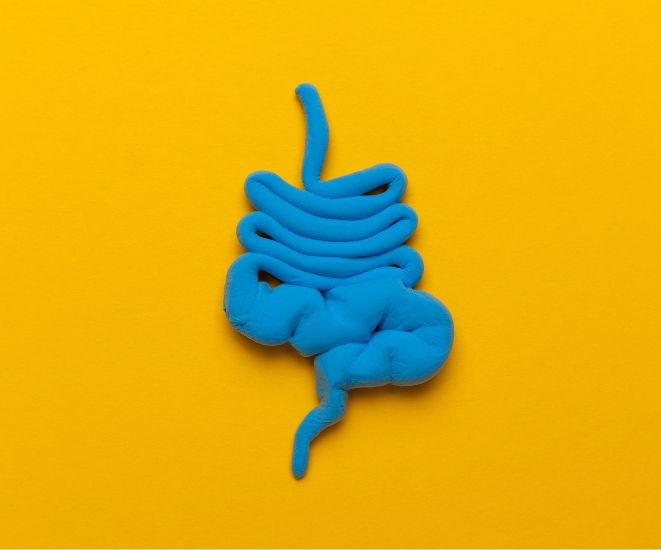What is Ulcerative Colitis?
Ulcerative colitis (UC) is a chronic disease that affects the colon (large intestine) and rectum. It's one of the two main types of inflammatory bowel disease (IBD), the other being Crohn’s disease. In people with UC, the lining of the colon becomes inflamed and develops ulcers, leading to a variety of uncomfortable and sometimes serious symptoms.
This article outlines the most common signs and symptoms of ulcerative colitis. If you or someone you know is experiencing these symptoms regularly, it may be time to consult a healthcare provider.
1. Frequent Diarrhea
One of the hallmark symptoms of ulcerative colitis is frequent diarrhea. This occurs because the inflammation in the colon disrupts normal absorption of water, leading to loose and watery stools.
In UC, diarrhea often comes on suddenly and may occur several times a day. Some people may even need to rush to the bathroom urgently, making daily life challenging.
2. Blood in the Stool
Many people with UC notice blood in their stool. This happens because the ulcers in the colon lining can bleed. The blood may appear bright red or darker, depending on where the bleeding occurs in the colon.
Seeing blood in your stool can be frightening, but in people with UC, it’s a common symptom. It’s important to tell a doctor if you see this, as it can also be a sign of other conditions.
3. Abdominal Pain and Cramping
Abdominal pain is another common symptom. This pain is usually caused by inflammation and muscle contractions in the colon. The discomfort can range from mild cramping to more severe pain, depending on the severity of the disease.
Many people report that the pain comes in waves, often before a bowel movement. In some cases, pain is localized in the lower left side of the abdomen, which is where the colon is commonly affected in UC.
4. Urgency to Use the Bathroom
People with ulcerative colitis often experience an urgent need to have a bowel movement. This feeling can come on quickly and may be difficult to control. Sometimes, this urgency is accompanied by a sensation of not being able to completely empty the bowel, known as tenesmus.
This symptom can be particularly distressing and disruptive, especially if access to a restroom is limited.
5. Fatigue
Living with ulcerative colitis can be exhausting. Fatigue in UC is often caused by a combination of factors: the body is dealing with ongoing inflammation, frequent trips to the bathroom interrupt sleep and blood loss may lead to anemia (low red blood cell count), all of which contribute to feelings of extreme tiredness.
Fatigue can impact work, relationships and overall quality of life, making it one of the most burdensome symptoms of UC.
6. Weight Loss
Because the body may not absorb nutrients properly when the colon is inflamed, and because people with UC may avoid eating to reduce symptoms, unintended weight loss is common.
This weight loss can be gradual or sudden and is often a sign that the disease is active or worsening. Proper nutrition is important, so this symptom should not be ignored.
7. Fever
In moderate to severe cases of UC, fever may occur. This is usually a sign that inflammation is more widespread, or that a complication like infection is developing.
Fever should be taken seriously and reported to a healthcare provider, especially if it's accompanied by other concerning symptoms like severe abdominal pain or a rapid heartbeat.
8. Joint Pain and Other Body Aches
Although UC mainly affects the colon, it can also cause problems in other parts of the body. Some people experience joint pain, swelling or stiffness, especially in the knees, ankles and wrists.
These symptoms are related to the body’s immune response and may come and go along with flare-ups of UC.
9. Skin and Eye Irritation
Less commonly, ulcerative colitis can affect the skin and eyes. Some people develop red, painful eyes (a condition called uveitis or episcleritis) or skin rashes and ulcers, particularly during flares.
These symptoms are part of what’s known as “extra-intestinal manifestations” — issues that occur outside the digestive tract due to systemic inflammation.
When to Seek Help
If you’re experiencing any combination of these signs and symptoms of ulcerative colitis — especially persistent diarrhea, blood in the stool or abdominal pain — it’s important to see a healthcare provider. Early diagnosis and treatment can help manage symptoms and prevent complications.
Ulcerative colitis can be a lifelong condition, but with the right treatment and support, many people are able to lead active, fulfilling lives.

